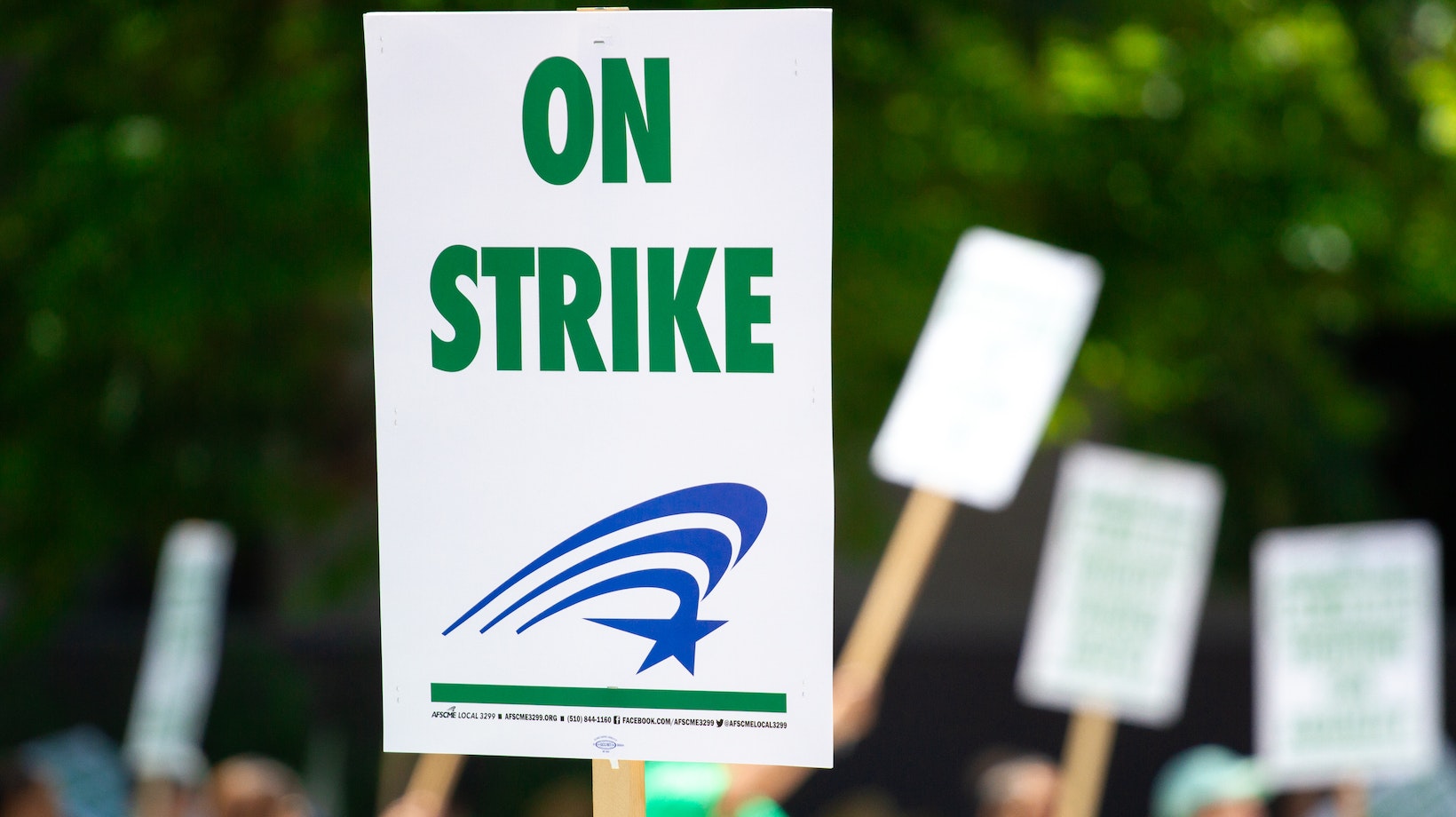Verizon Workers’ Strike in a Nutshell
Back in 2016, nearly 40,000 employees decided to take a stand against what they perceived as unfair working conditions and wage stagnation. They put down their tools and took up picket signs, sending a loud message to both the telecommunications giant and America at large.
The crux of their grievances was twofold. On one hand, there was considerable frustration over offshoring jobs; on the other hand, there was indignation about stagnant wages despite rising living costs. In response to these mounting frustrations, members from two prominent unions – The Communications Workers of America (CWA) and International Brotherhood of Electrical Workers (IBEW) – rallied together under the banner “Stand Up to Verizon.”
This collective action led to one of the largest strikes in U.S history since 2011. It lasted around six weeks before an agreement was finally reached between Verizon and union representatives. This marked an important victory not just for those directly involved but also set a precedent for future worker-led actions nationwide.
Why Are Verizon Workers on Strike
Let’s dig into the issues that led to the Verizon workers’ strike. We’re not taking sides, just laying out the facts. Job outsourcing is one of the principal concerns raised by striking employees. They’ve seen their colleagues lose jobs as work gets shipped overseas, and they’re worried about their own future.
- Job Outsourcing: Just imagine, you’re a dedicated employee working for years at a company only to find out your job is being outsourced. Not cool right? That’s what happened with some Verizon workers. Their jobs were outsourced to other countries where labor costs are cheaper.
Another bone of contention was contract negotiations. The union claimed that Verizon wanted to freeze pensions and make layoffs easier – two things that don’t exactly spell ‘job security.’
- Contract Negotiations: Now, who would want their pension frozen or worry about easy layoffs? No one! And that’s precisely why this became such a significant issue leading up to the strike.
We also can’t ignore health care contributions which were another sticking point in these disagreements. It seems like every corner you turn these days; there’s a debate over health care!
- Health Care Contributions: When it comes down to it, everyone needs medical insurance coverage at some point in their life, even if they’re healthy now. But when your employer wants you to pay more than you think is fair – well, we can see how that might cause a stir.
Finally, there was frustration over call-center conditions – long hours without sufficient breaks and strenuous performance targets made for an unhappy workforce.
- Call-Center Conditions: Working long hours without enough breaks in high-pressure environments isn’t anyone’s idea of fun—it’s understandable why this added fuel to the fire leading up to the strike.
These issues combined created perfect storm conditions for a massive strike action among Verizon employees.

Impact of the Strike on Verizon’s Operations
We’re here to delve into the repercussions the strike had on Verizon’s operations. With thousands of workers walking out, it was inevitable that there’d be a significant impact. For starters, customer service took a hit. Complaints about long wait times and unresolved issues started piling up.
Installation and maintenance services also suffered during this period. It’s common knowledge that when you don’t have enough hands on deck, things can get chaotic pretty quickly! This was evident as Verizon struggled with delays in installations and maintaining their vast network infrastructure.
Moreover, we noticed an uptick in labor costs for Verizon during this time frame. It wasn’t just about paying wages to replacement workers; training them added to expenses too.
Looking at another angle, the strike impacted Verizon’s public image considerably. The media spotlight was squarely focused on them – and not for good reasons either! Customers weren’t thrilled about disruption in service or supporting a company embroiled in labor disputes.
- Lowered customer satisfaction scores
- Increased complaints
- Negative media attention
In essence, strikes aren’t just a matter of worker unrest – they disrupt business flow significantly and paint an unfavorable picture for customers who depend on their services daily.


